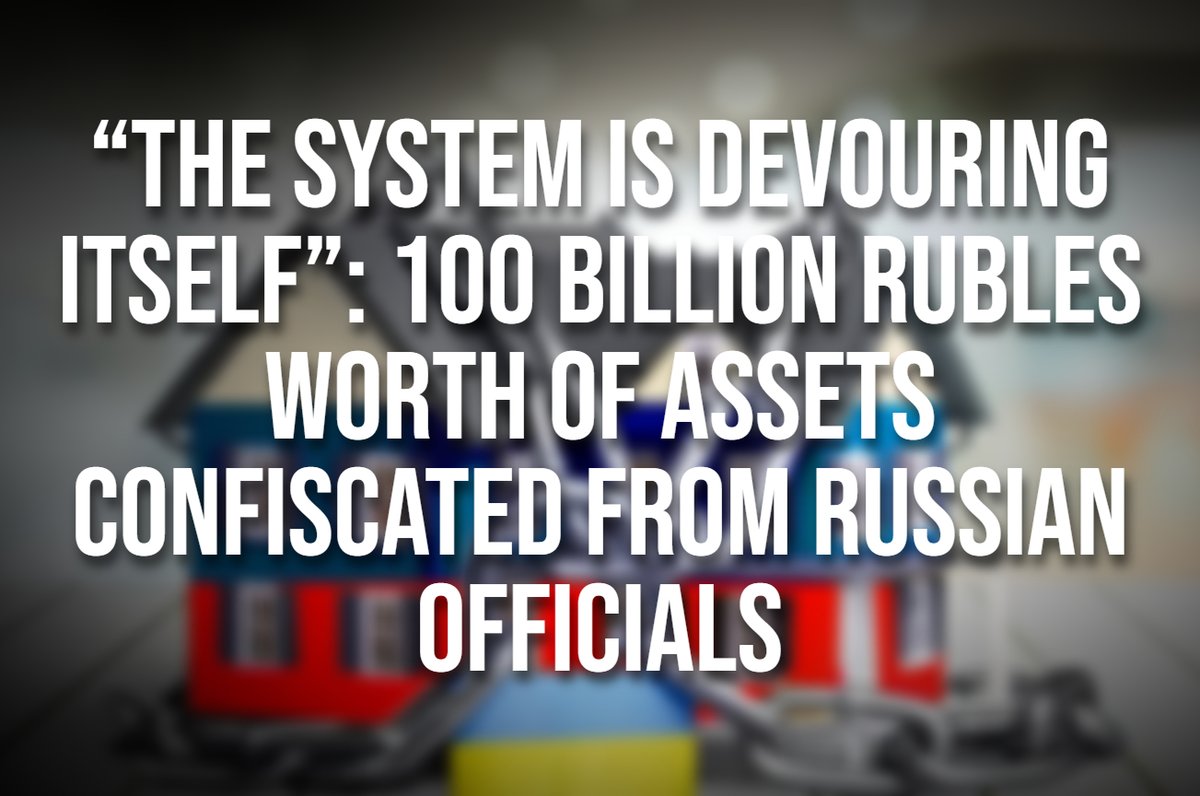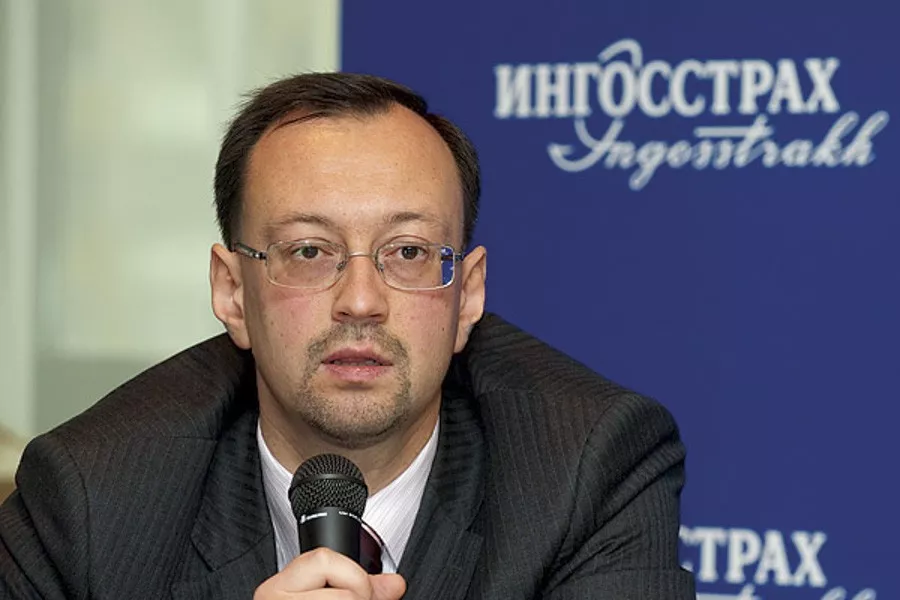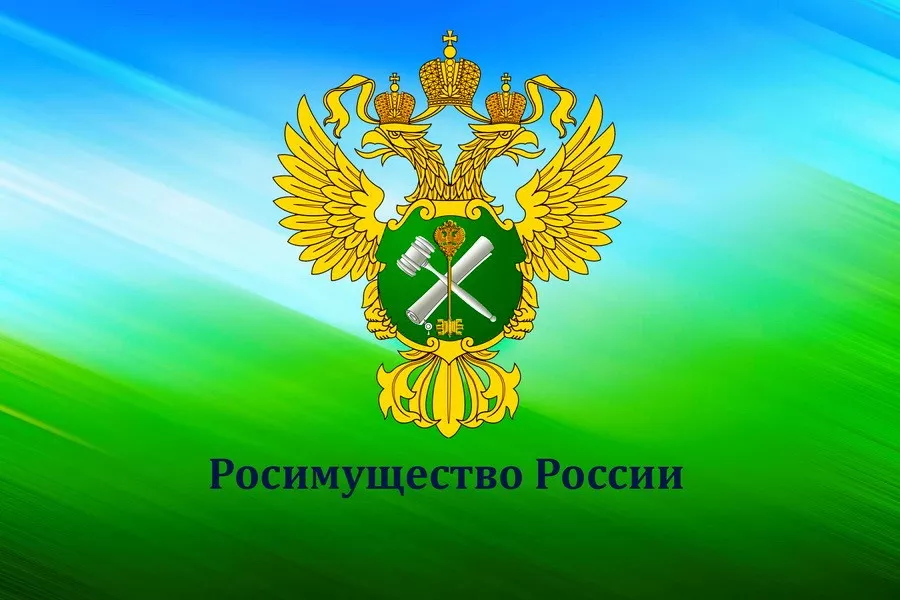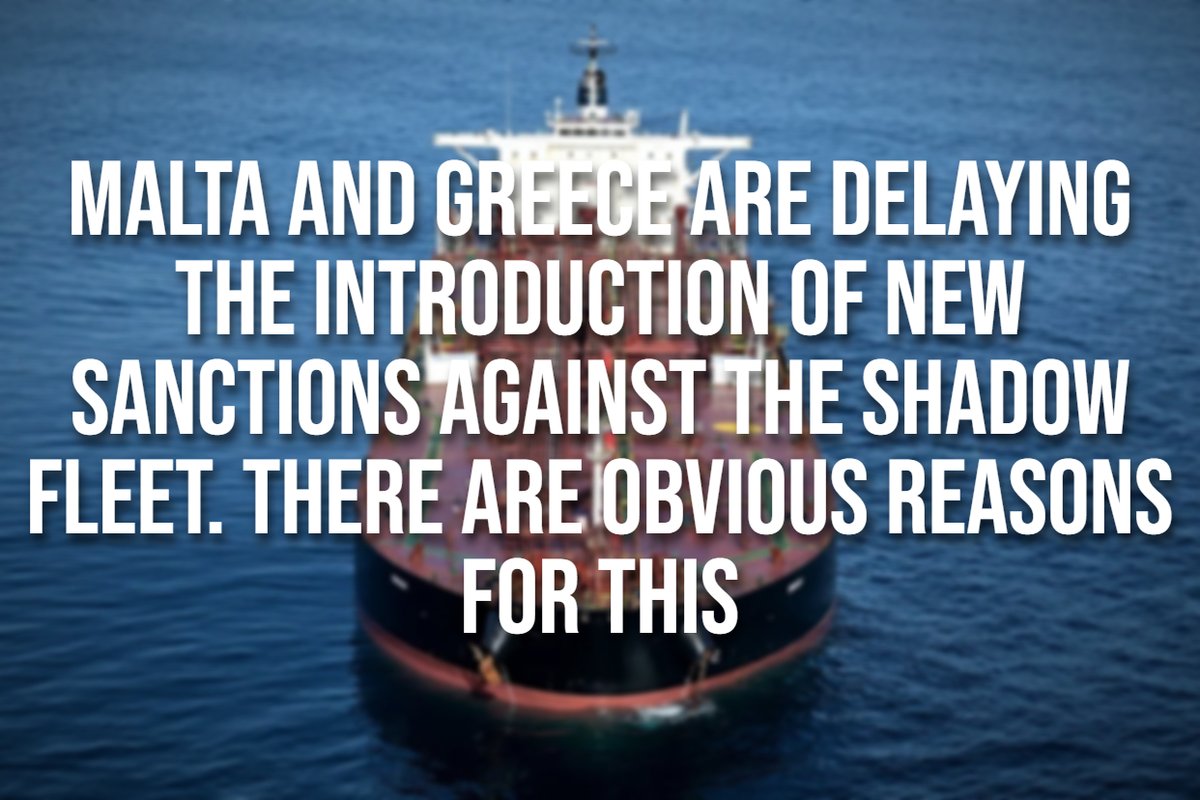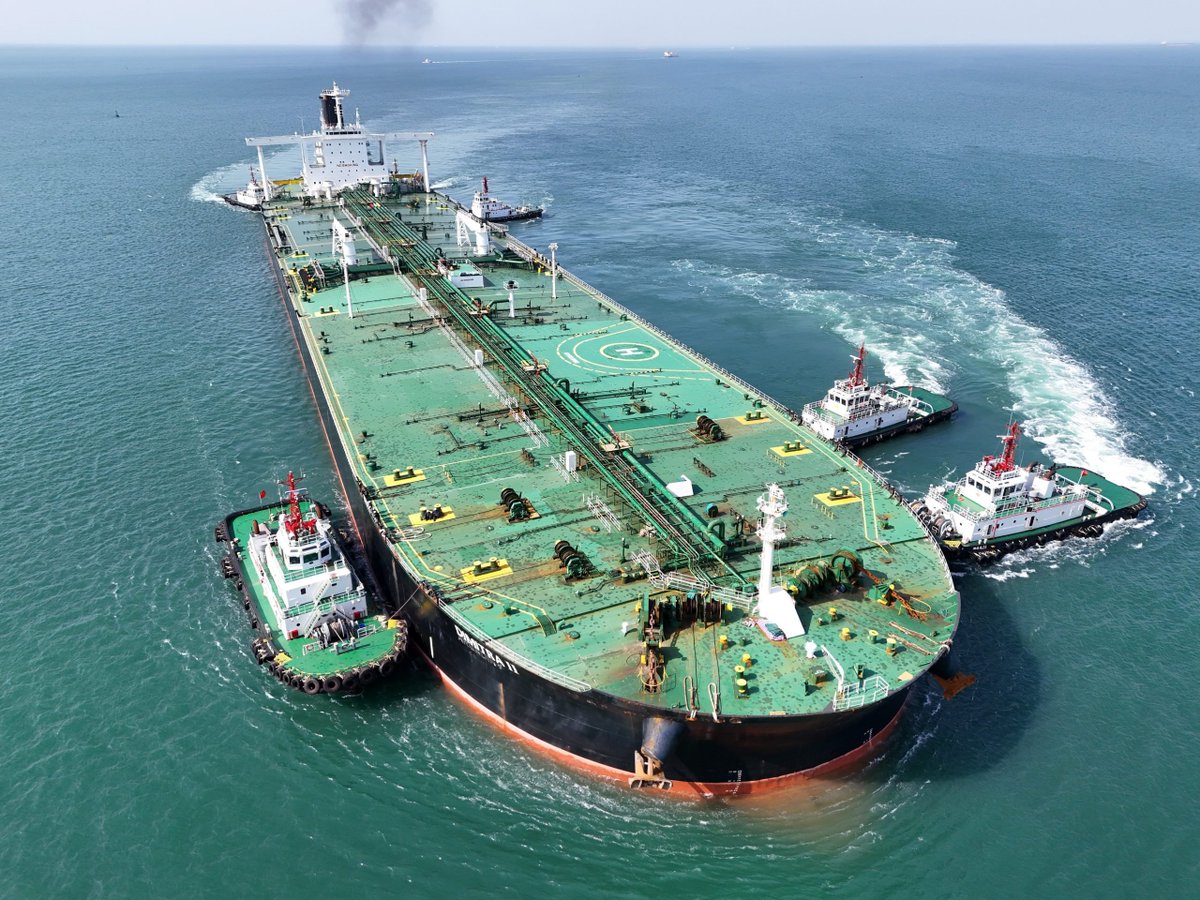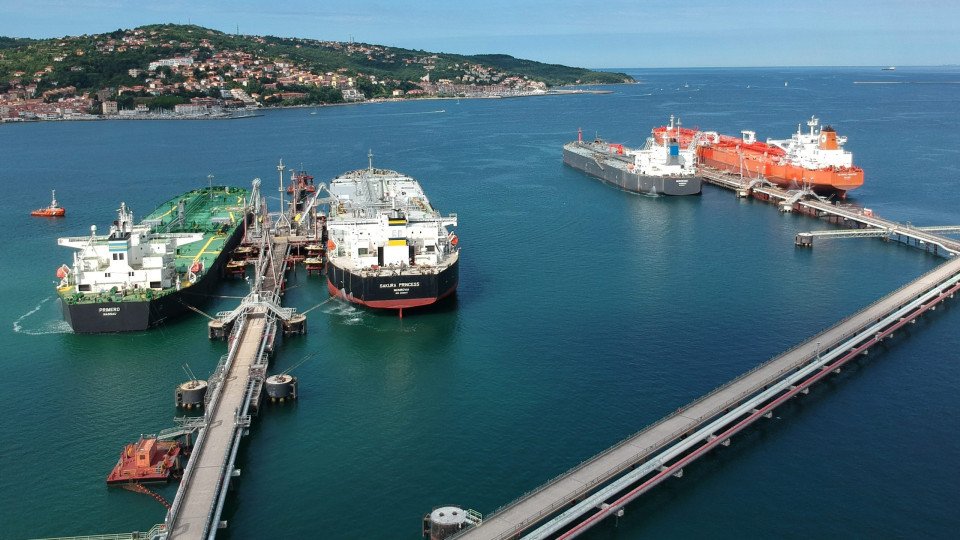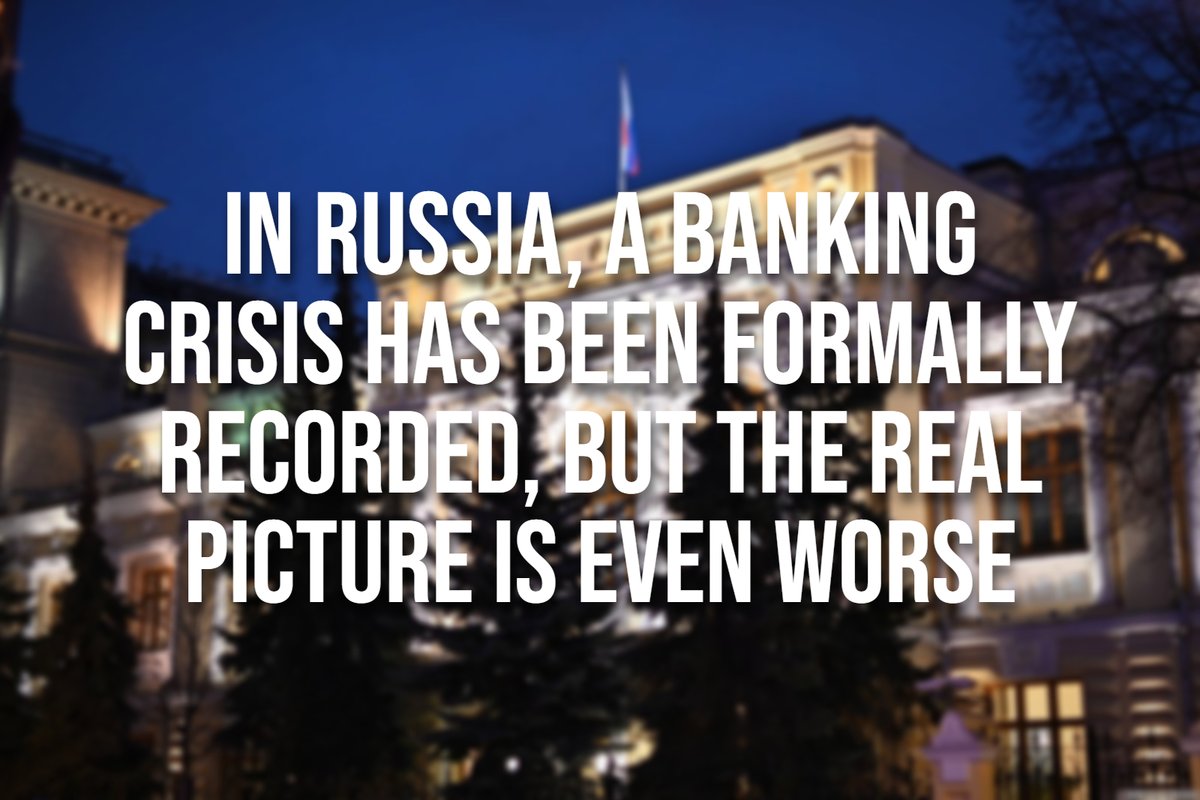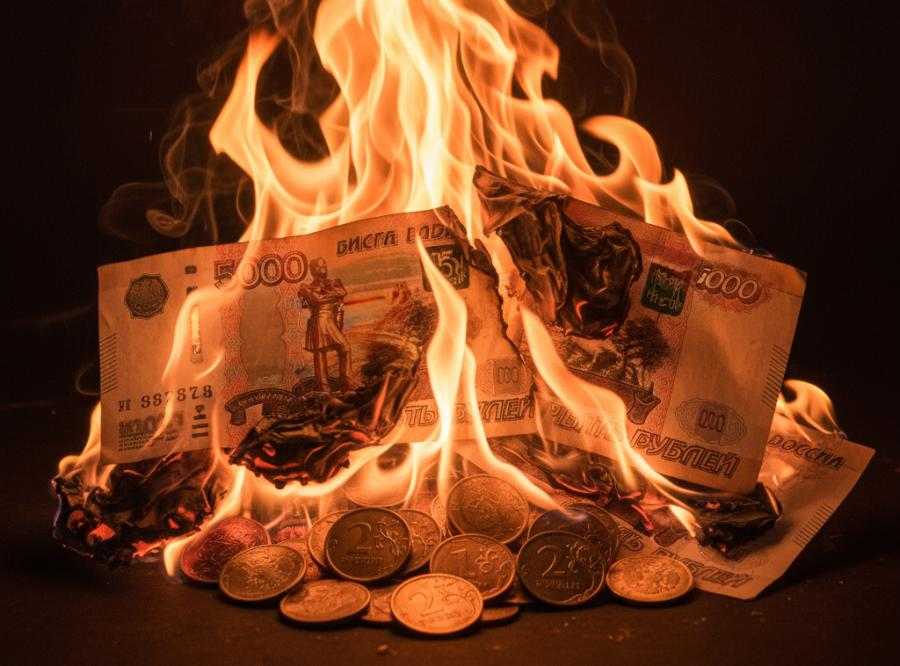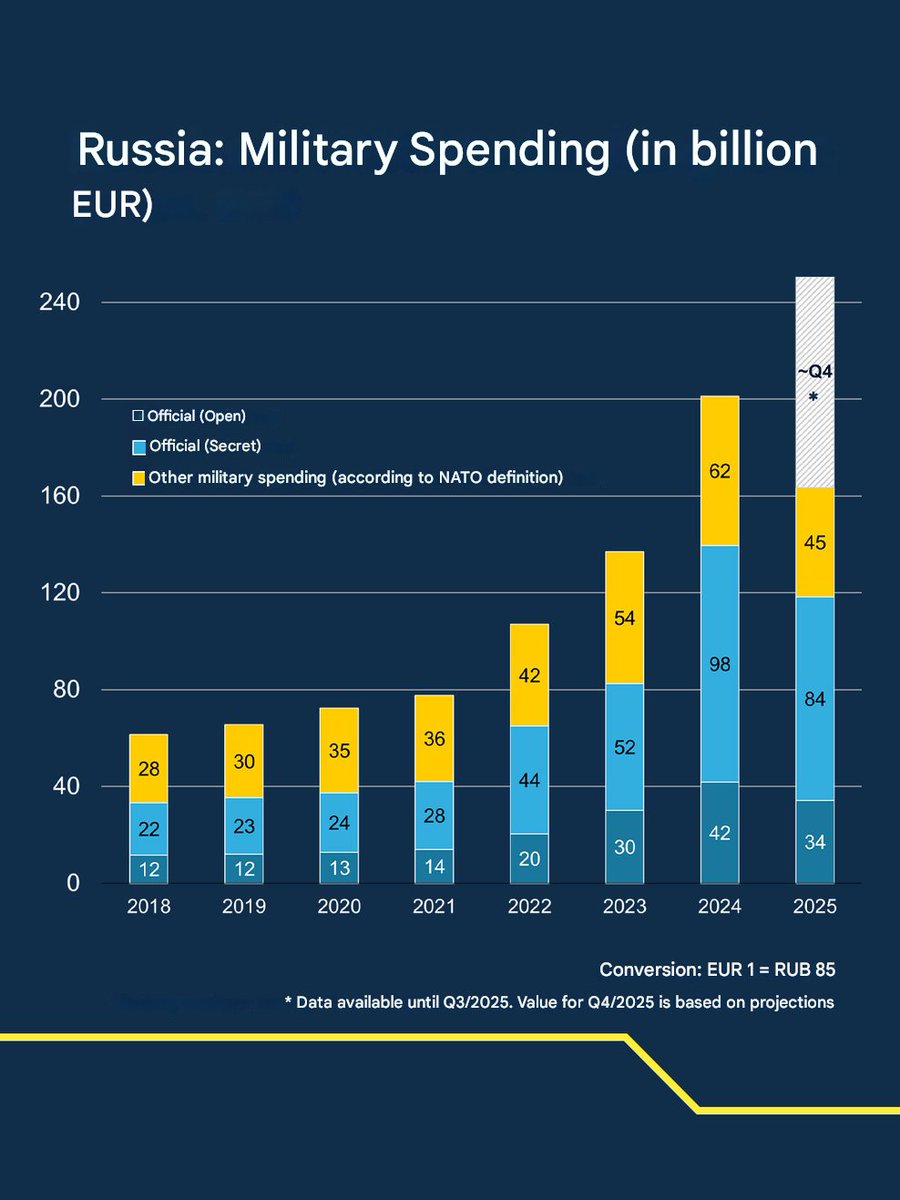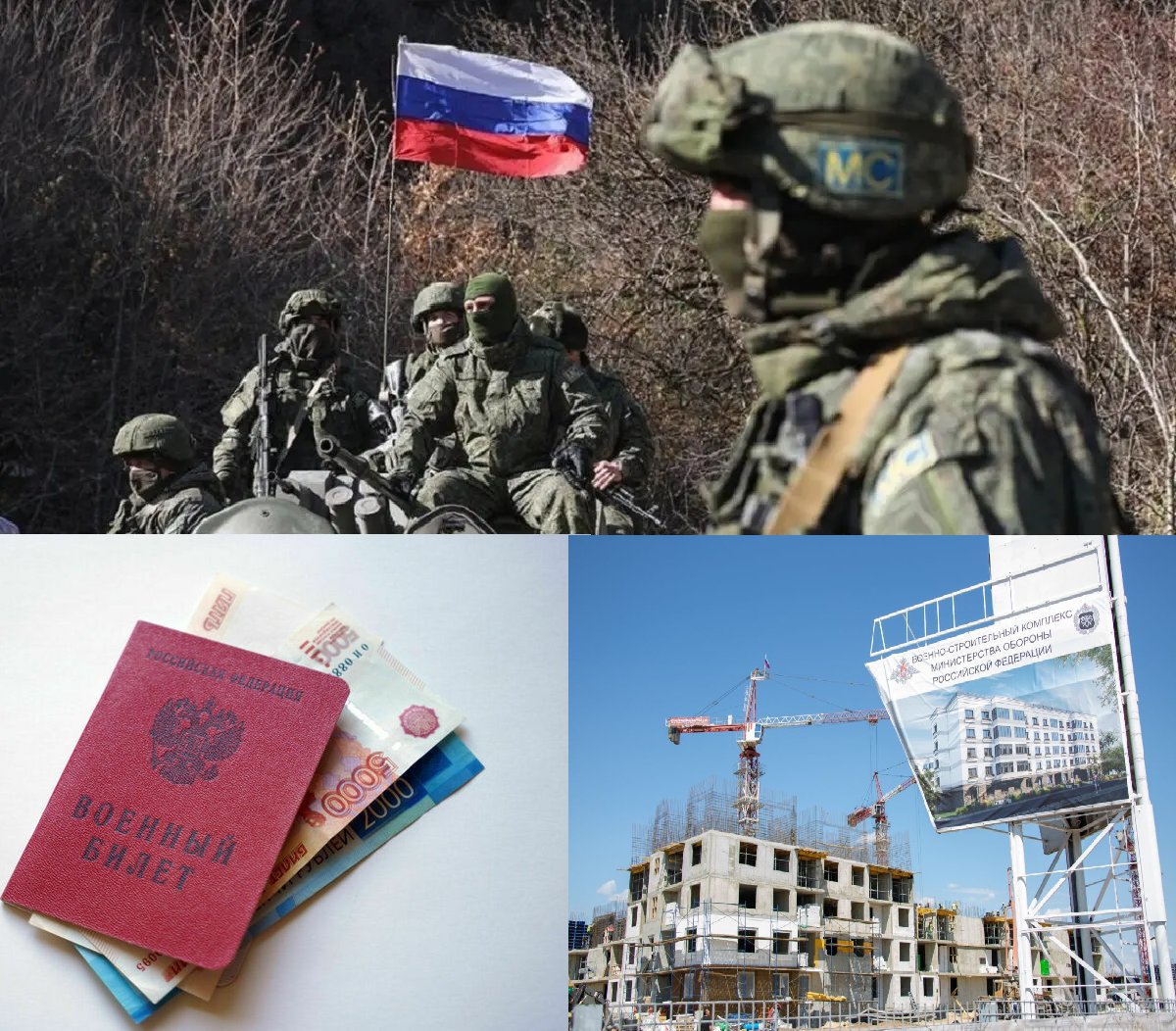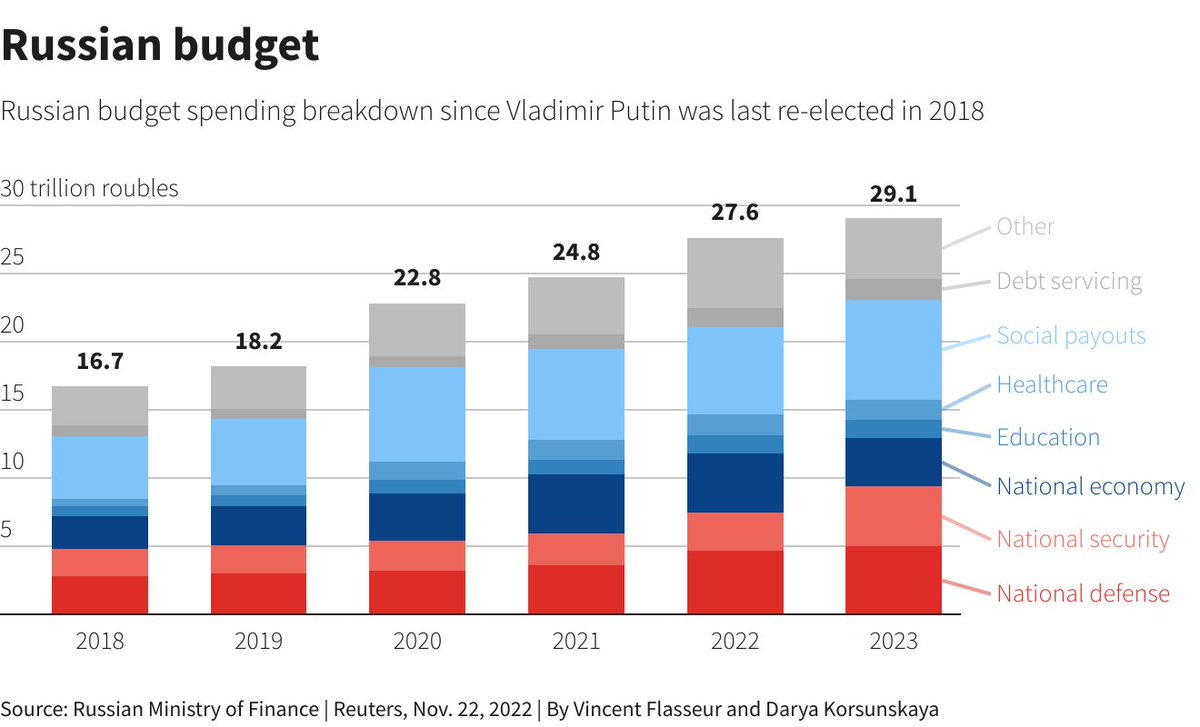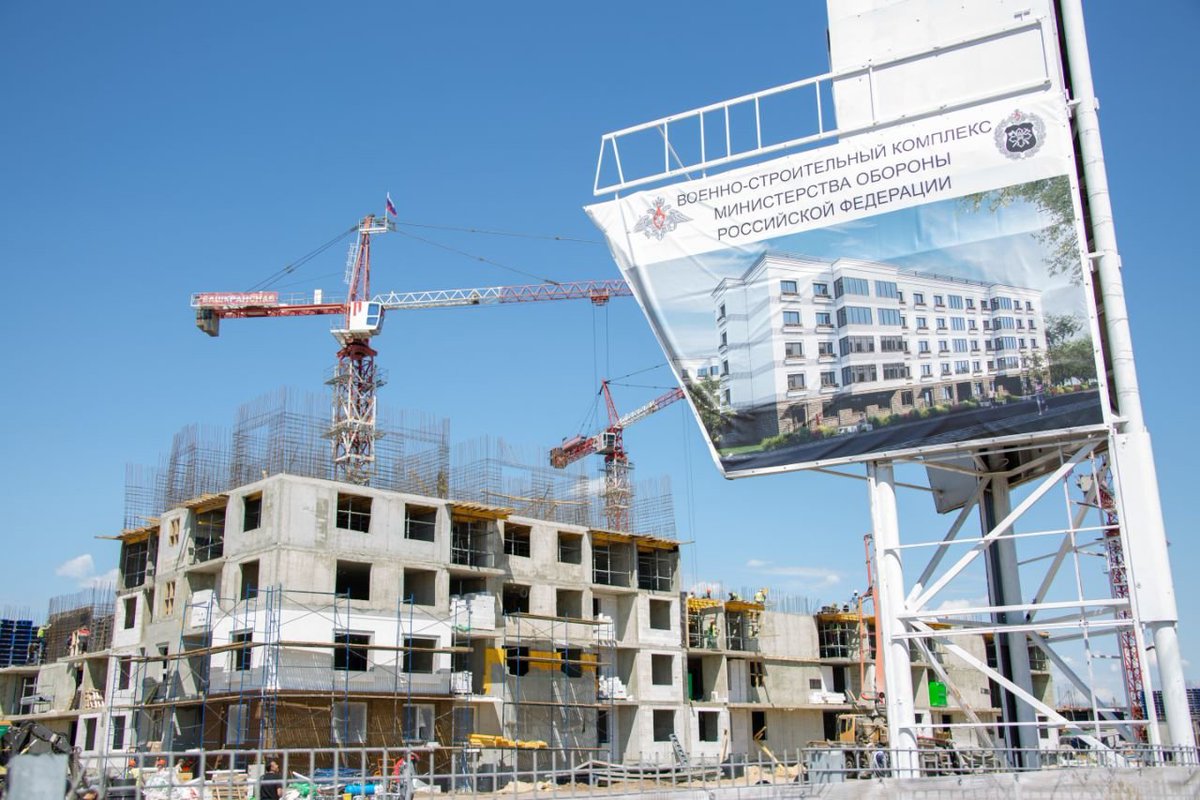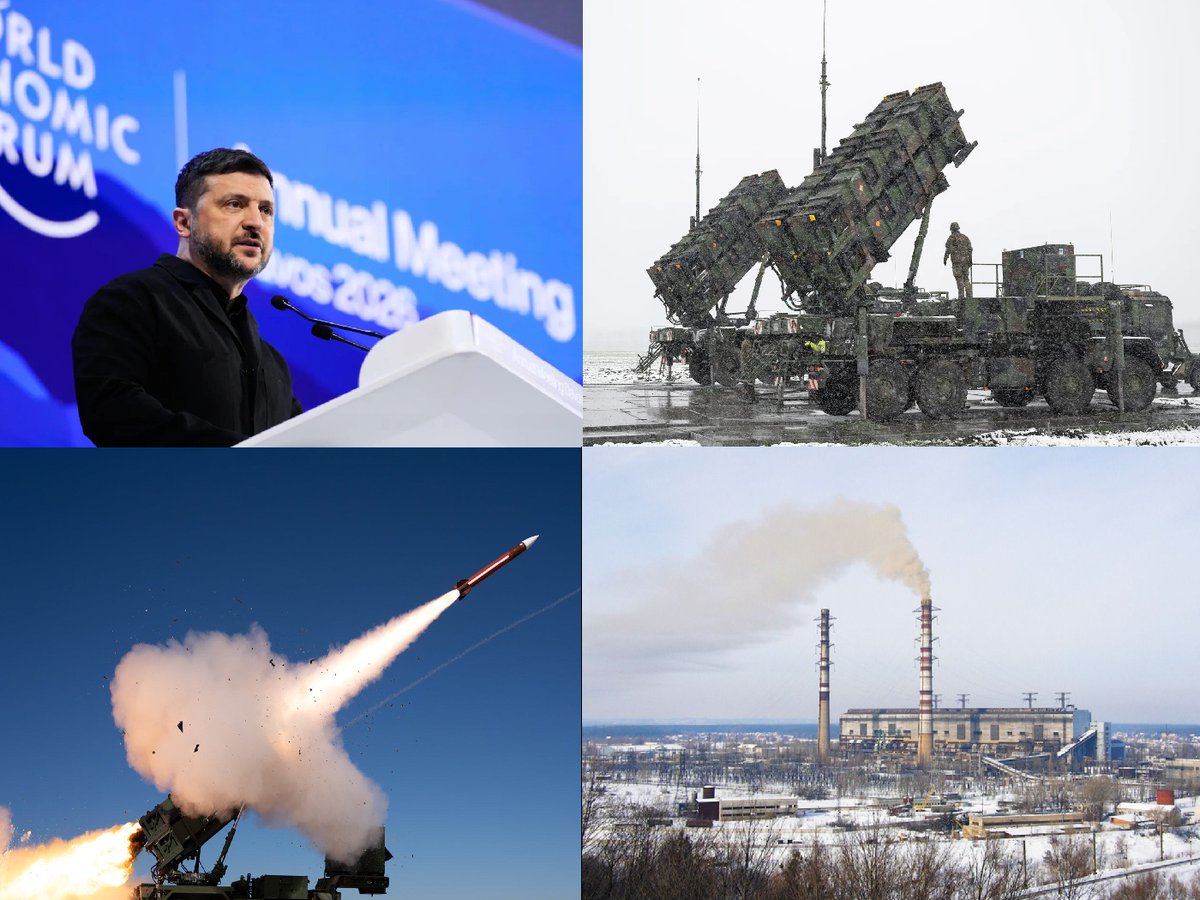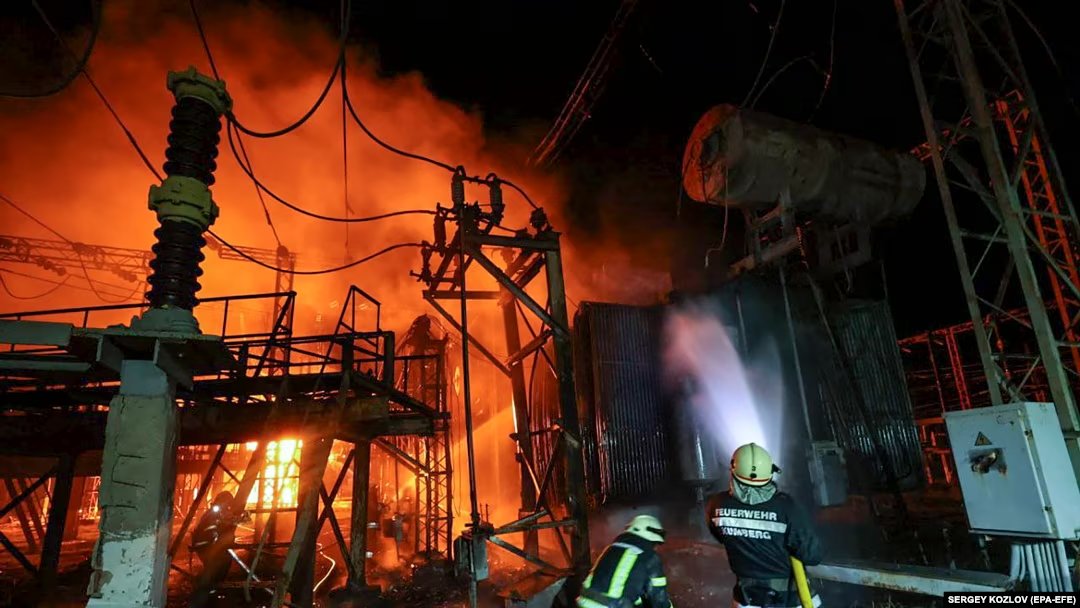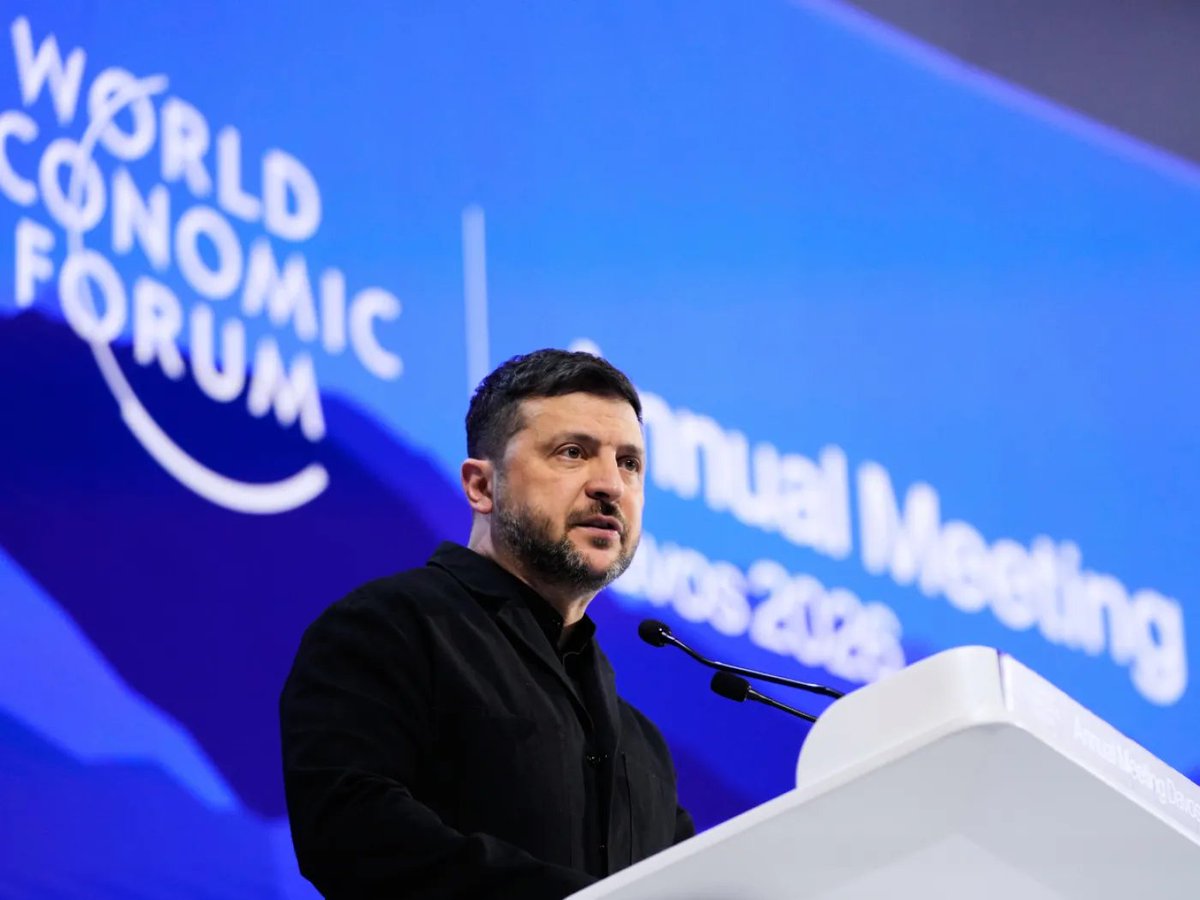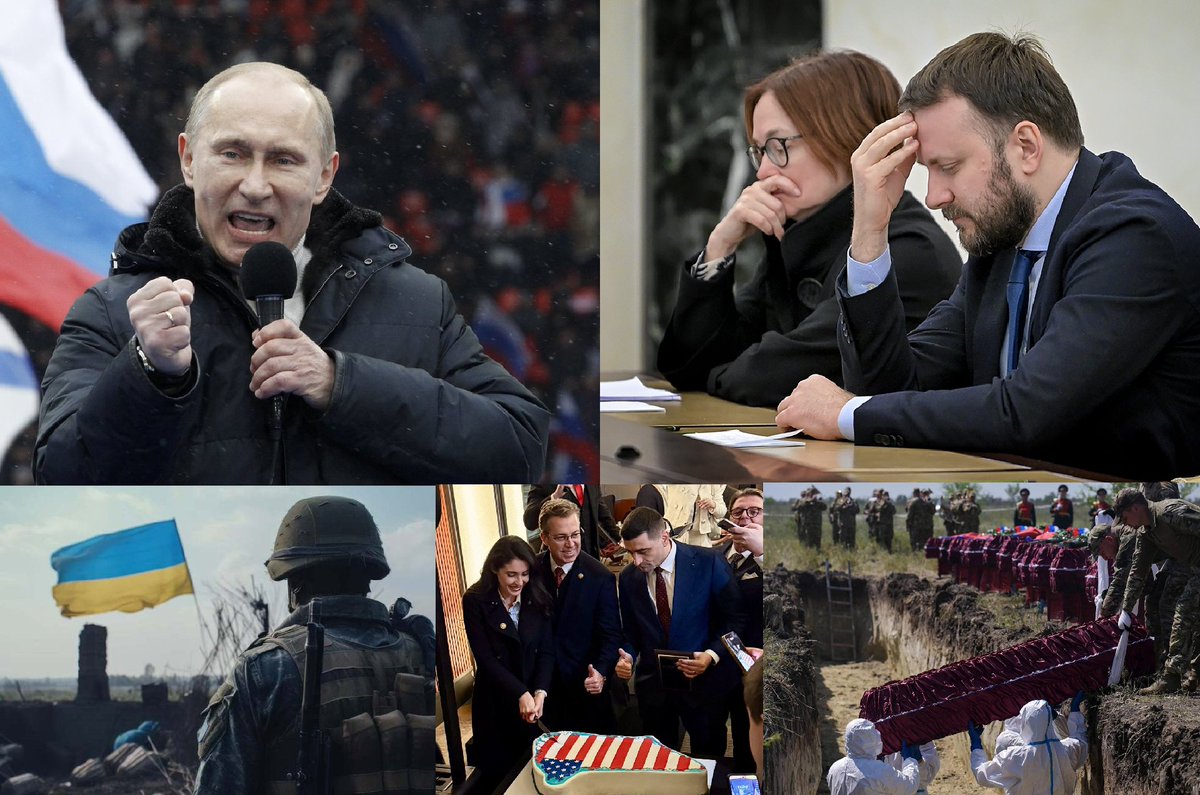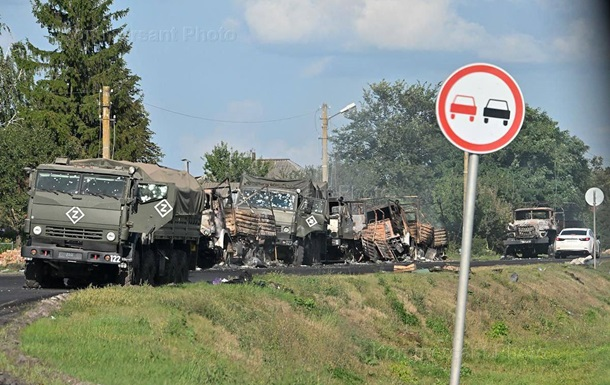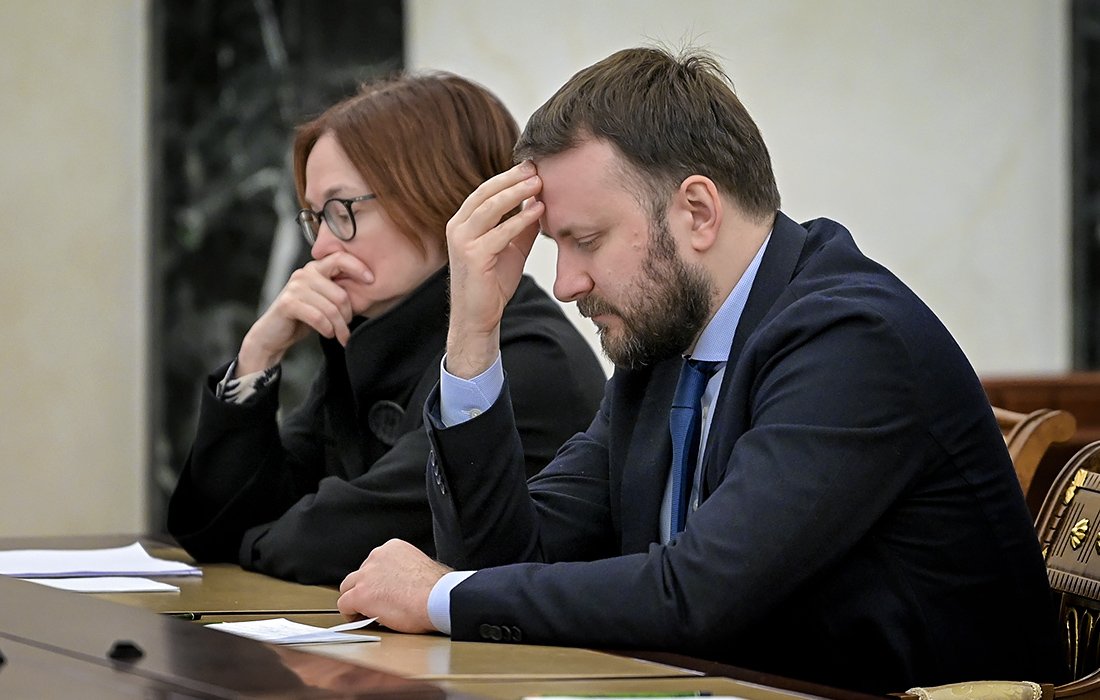While almost the entire world is discussing the delivery of the first F-16s to Ukraine and news from Venezuela, the behind-the-scenes struggle continues in Russia. Not only is Shoigu's team being cleaned out, but something is also happening to the witnesses in this case.
1/12
1/12

Sergei Shoigu is still at large, but the ring around him is tightening. Almost his entire team has either been removed from their positions or is already under arrest. It became known about the arrest of the former head of the branch "Construction Directorate for the
2/12
2/12

Central Military District" of the Military Construction Company Sergei Sukhov. At the end of July, military investigators opened a case against him for fraud on an especially large scale. The company's work was supervised by former Deputy Defense Minister Timur Ivanov, who
3/12
3/12

was arrested in April. Also on July 26, 2024, former Deputy Defense Minister Dmitry Bulgakov was arrested in a corruption case. According to Russian media, Bulgakov, using his official position, lobbied for the Russian Defense Ministry to conclude contracts with certain
4/12
4/12

commercial entities, and also created a system for supplying low-quality products to Russian troops at inflated prices. The list of Shoigu's team was published on Telegram.
1. Defense Minister Sergei Shoigu - removed from office;
2. First Deputy Defense Minister Ruslan
5/12
1. Defense Minister Sergei Shoigu - removed from office;
2. First Deputy Defense Minister Ruslan
5/12

Tsalikov - removed from office;
3. Deputy Defense Minister Timur Ivanov - removed from office and arrested;
4. Deputy Defense Minister, Colonel General Yuri Sadovenko - removed from office;
5. Deputy Defense Minister Tatyana Shevtsova - removed from office;
6/12
3. Deputy Defense Minister Timur Ivanov - removed from office and arrested;
4. Deputy Defense Minister, Colonel General Yuri Sadovenko - removed from office;
5. Deputy Defense Minister Tatyana Shevtsova - removed from office;
6/12
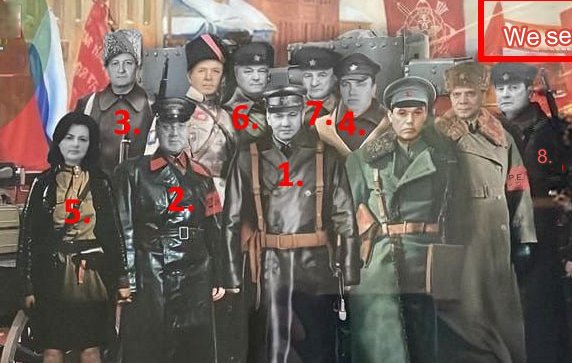
6. Deputy Defense Minister, retired Army General Nikolai Pankov - removed from office;
7. Deputy Defense Minister, Army General Pavel Popov - removed from office;
8. And the Deputy Defense Minister himself, Army General Dmitry Bulgakov - removed from office and arrested.
7/12
7. Deputy Defense Minister, Army General Pavel Popov - removed from office;
8. And the Deputy Defense Minister himself, Army General Dmitry Bulgakov - removed from office and arrested.
7/12

The Chief of the General Staff of the Russian Armed Forces Valery Gerasimov, Deputy Minister of Defense Colonel General Alexander Fomin and the head of Roscosmos Yuri Borisov remained untouched in the picture. In July, businessman Igor Kotelnikov, accused of bribing
8/12
8/12

officials of the Ministry of Defense, died in a pretrial detention center. He was involved in the case of the arrested former Deputy Minister of Defense General Dmitry Bulgakov. A blood clot came off. He was required to testify against Ivanov, Bulgakov and other officials.
9/12
9/12
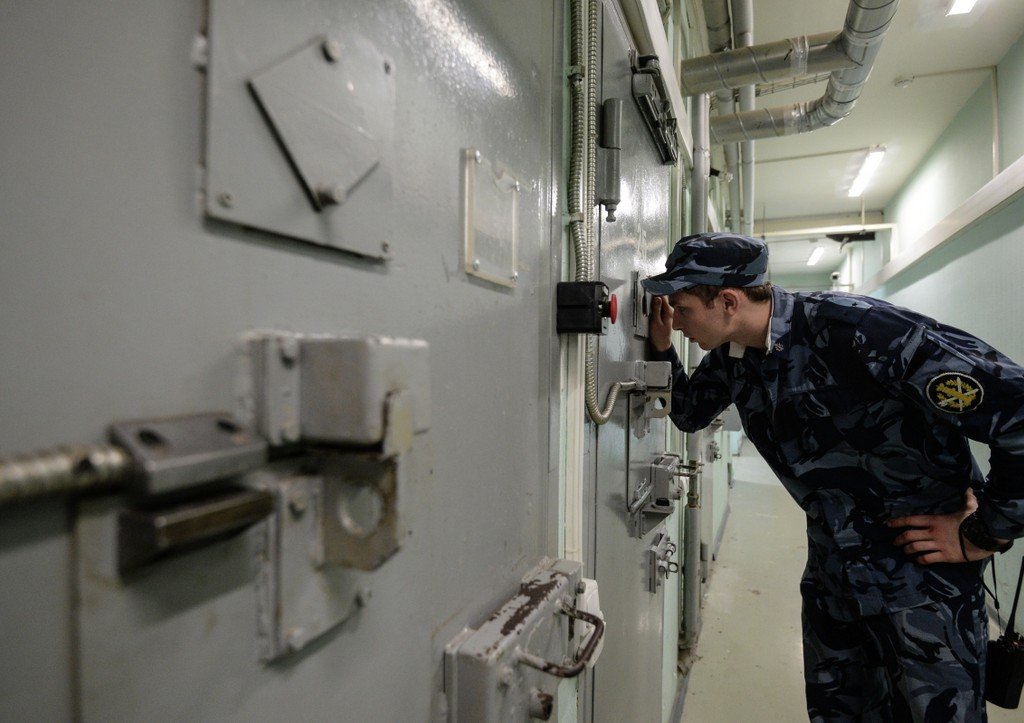
The next day, it became known about the death of the head of the State Expertise Department of the Ministry of Defense of Russia Magomed Khandayev, who was directly subordinate to Timur Ivanov. He died after a visit from security officials. These people could have testified
10/12
10/12
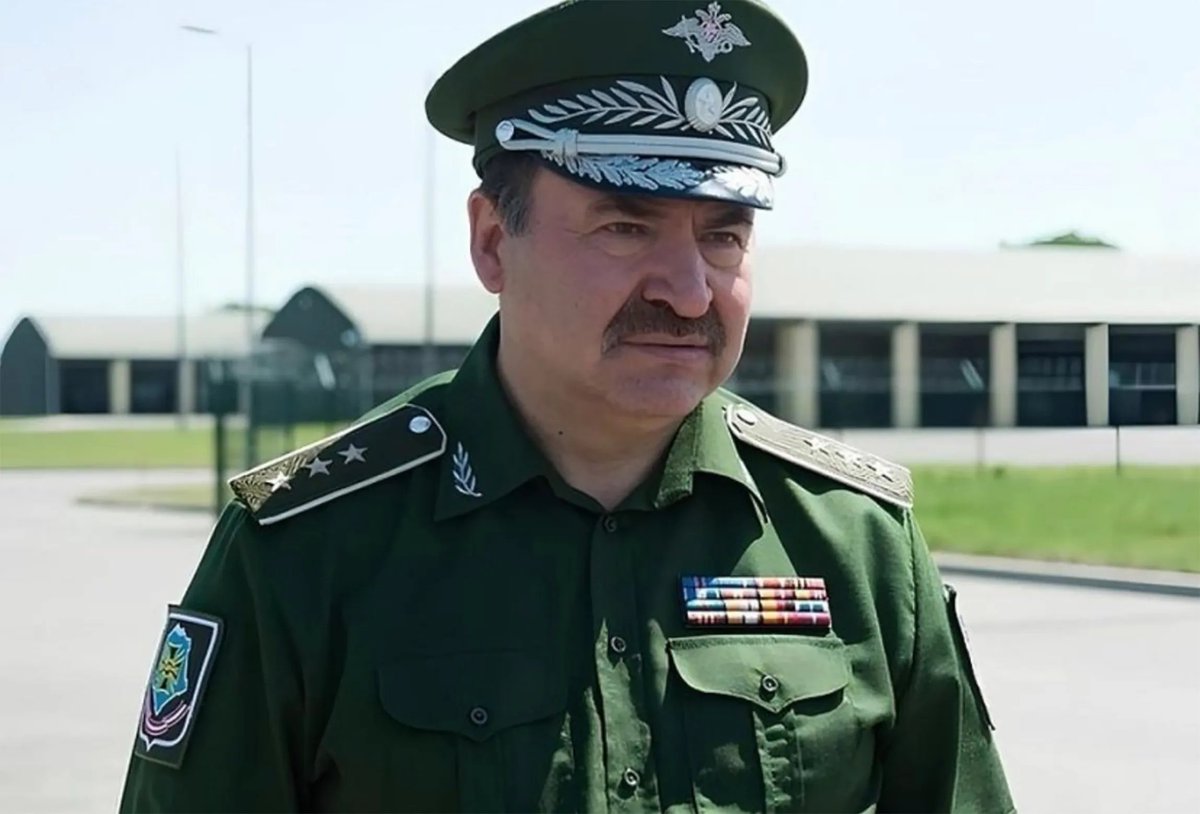
against Shoigu's team. There are suggestions that this is an attempt by Shoigu's team to eliminate witnesses. However, this is only guesswork. In any case, Shoigu's team has been cleared out. Shoigu has not yet been arrested, but it is a matter of time and if he is lucky.
11/12
11/12

This is only a small part of what is actually happening within the Russian government. There is currently a fierce struggle for vacant positions and and finances that are running out.
12/12
12/12

• • •
Missing some Tweet in this thread? You can try to
force a refresh


